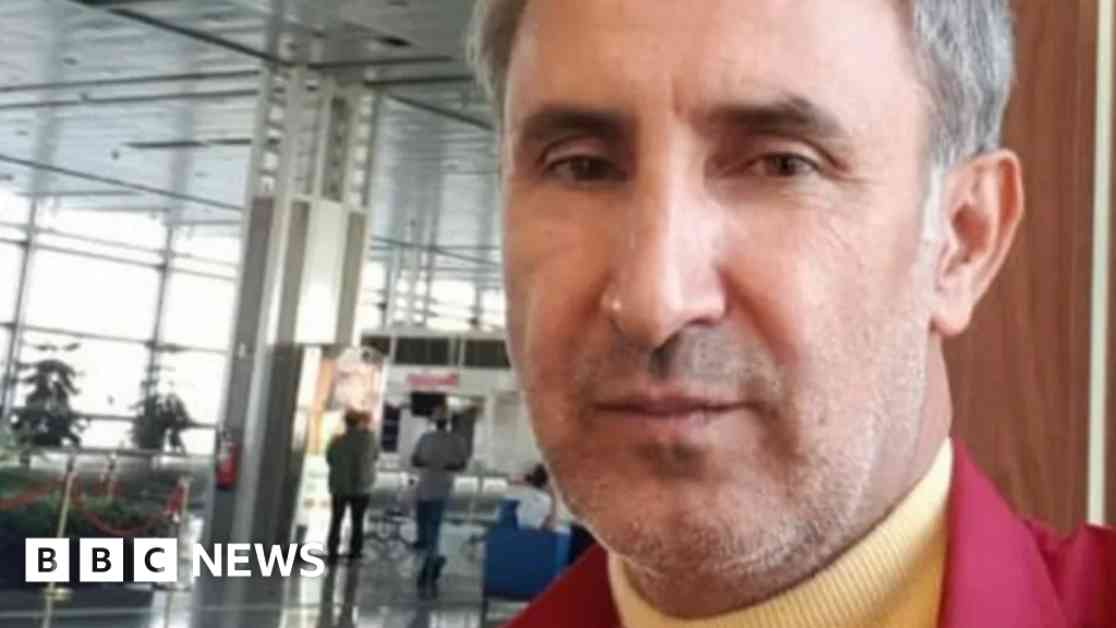An Iranian man named Hamid Noury who was serving a life sentence in Sweden for war crimes has been released as part of a prisoner exchange between Sweden and Iran. In return, a Swedish diplomat named Johan Floderus and a dual national named Saeed Azizi have arrived back in Stockholm from Tehran.
Hamid Noury was arrested in Sweden in 2019 and was convicted of participating in the mass execution of political prisoners in Iran over 30 years ago. This incident has strained relations between Sweden and Iran. Mr. Floderus was detained in Iran two years ago for alleged spying, while Mr. Azizi was arrested last November and sentenced to five years in prison.
Sweden’s Prime Minister Ulf Kristersson accused Iran of using Mr. Floderus and Mr. Azizi as bargaining chips to secure the release of Hamid Noury, who was convicted of serious crimes committed in Iran in the 1980s. According to Iranian officials, Mr. Noury was illegally detained in Sweden and has now been released.
Mr. Noury was accused of committing war crimes and murder in 1988 while serving as an assistant to the deputy prosecutor at Gohardasht prison in Karaj. He was the first person to be prosecuted for his role in the execution of thousands of prisoners, an event that Iran has never officially acknowledged. This mass execution took place in response to an attack by the Mujahedin-e Khalq (MEK), an opposition group backed by Iraq, during the Iran-Iraq War.
Human rights groups estimate that between 2,800 and 5,000 men and women were executed at various sites, including Gohardasht prison, between July and September 1988. Mr. Noury, age 63, was arrested upon arriving in Stockholm from Iran and was found guilty of serious crimes under the principle of universal jurisdiction, which allows countries to prosecute individuals for grave breaches of international law committed elsewhere.
In addition to Mr. Noury’s release, Johan Floderus, who was facing the death penalty in Iran on espionage charges, and Saeed Azizi, who was found guilty of acting against national security, have returned to Sweden. Oman played a significant role in negotiating the prisoner swap and also helped secure the release of another European national, French banker Louis Arnaud, who had been detained in Iran for two years.
The prisoner exchange between Sweden and Iran has brought relief to the individuals involved but has also raised questions about the use of diplomatic negotiations in cases involving serious crimes and human rights violations. The impact of such exchanges on international relations and justice systems remains a topic of debate among legal experts and human rights advocates.









